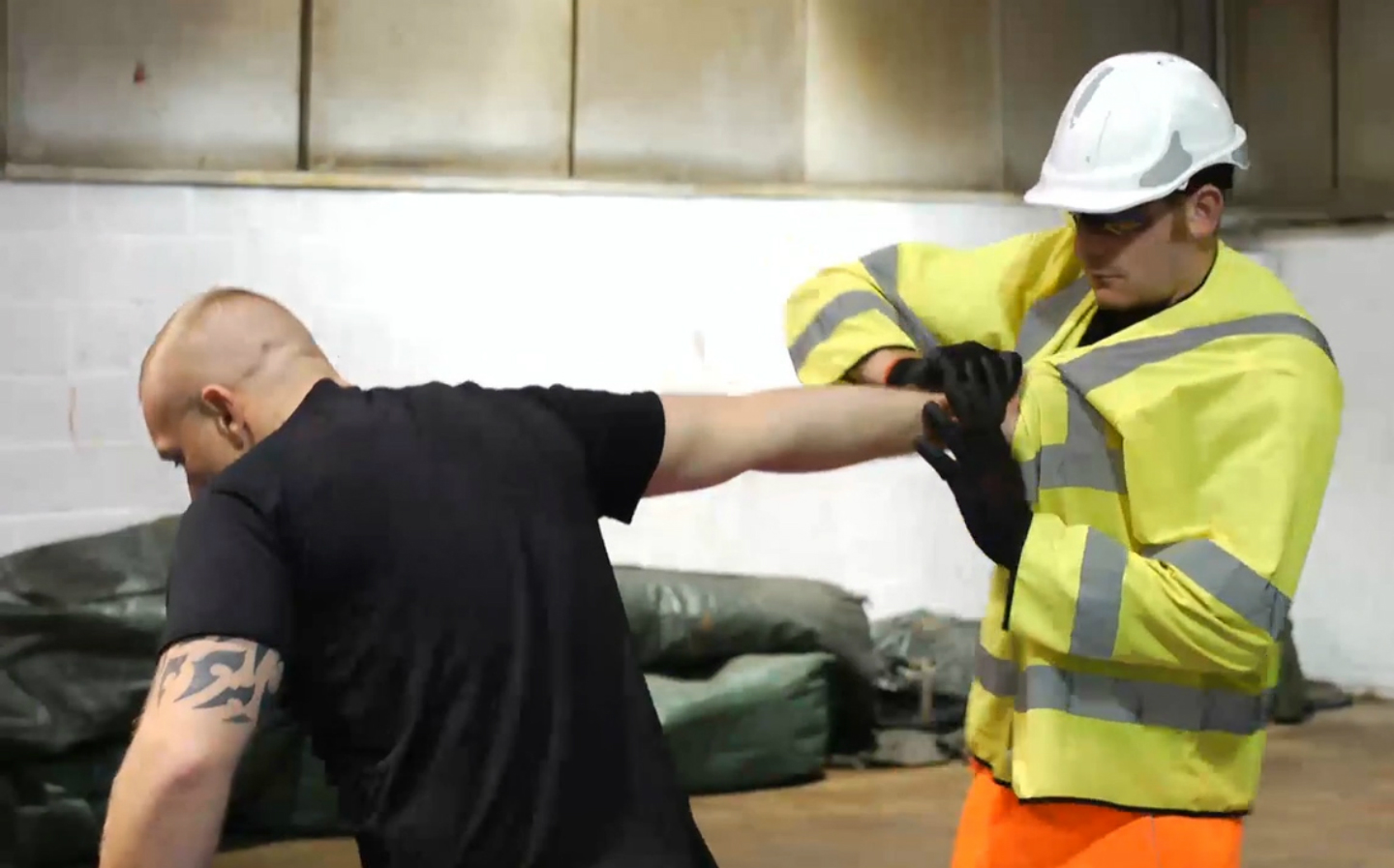Road workers get combat training after attacks rise
Cat's eyes and close-combat skills
ROAD WORKERS are being taught military close-combat skills after some reported being shot at, driven at and threatened with machetes and baseball bats.
Drivers suffering road rage have aimed their cars at workers and stopped to attack them with knives as highways become more congested.
Some £15 billion is being spent upgrading motorways and A roads during this parliament. The UK has the third worst traffic congestion in Europe, after Russia and Turkey.
Browse NEW or USED cars for sale
Road industry groups say they have seen a “significant increase” in verbal and physical violence directed against their staff. Most of it occurs on A roads where drivers are able to pull over and get out of their cars.
Agencies are turning to former military personnel to train staff in how to defend themselves during violent confrontations and, more importantly, how to stop encounters with frustrated drivers escalating.
Roy Fitter, 51, served for 22 years in the Royal Green Jackets and set up Ram Professional Training with a group of fellow ex-soldiers to help to train road workers in conflict resolution.
Mr Fitter said: “I think as a society we are getting less tolerant. But the highways industry had to recognise that it’s creating more obstacles to people finishing their journeys — so it was just multiplying the problem of frustrated motorists.
“We teach people to observe, assess and react — but not overreact. That can be saying, ‘I am so sorry, sir,’ and walking away when confronted by an angry motorist. They can go back to their car, the traffic can flow on and we don’t need to involve the police.”
If that does not work, however, the former soldiers also teach road workers close-combat techniques to disable attackers and escape to a safe distance when confrontations turn violent.
These include breaking free after being strangled or put into a headlock, how to block a headbutt or knee attack, and how to stop a punch connecting with your head.
Pat Sheehan, of the Highways Term Maintenance Association (HTMA), the trade organisation representing service providers, said that workers had been driven at, shot with air rifles, threatened with machetes, spat at and subjected to verbal threats.
In 2015, an HTMA survey found that ten companies had between them recorded 441 incidents, including 174 physical attacks, against road workers.
Dave Campbell, health and safety director of the infrastructure company Eurovia, said that there was a problem across the industry of a failure to record attacks because workers often viewed abuse and violence as “part of the job”.
Two million sets of roadworks are carried out every year and British drivers spend an average of 32 hours a year stuck in jams during peak periods.
Will Humphries
This article first appeared in The Times





